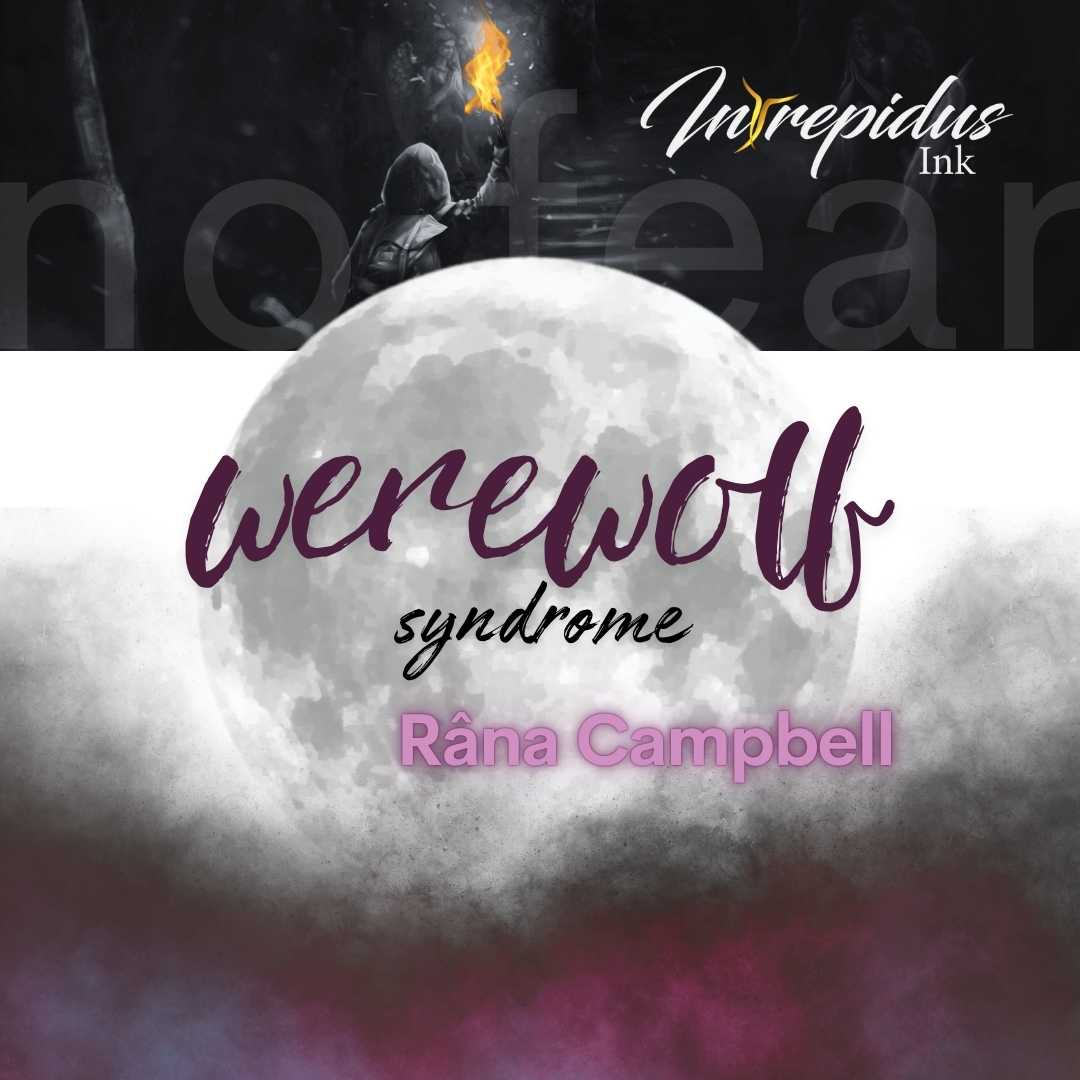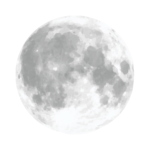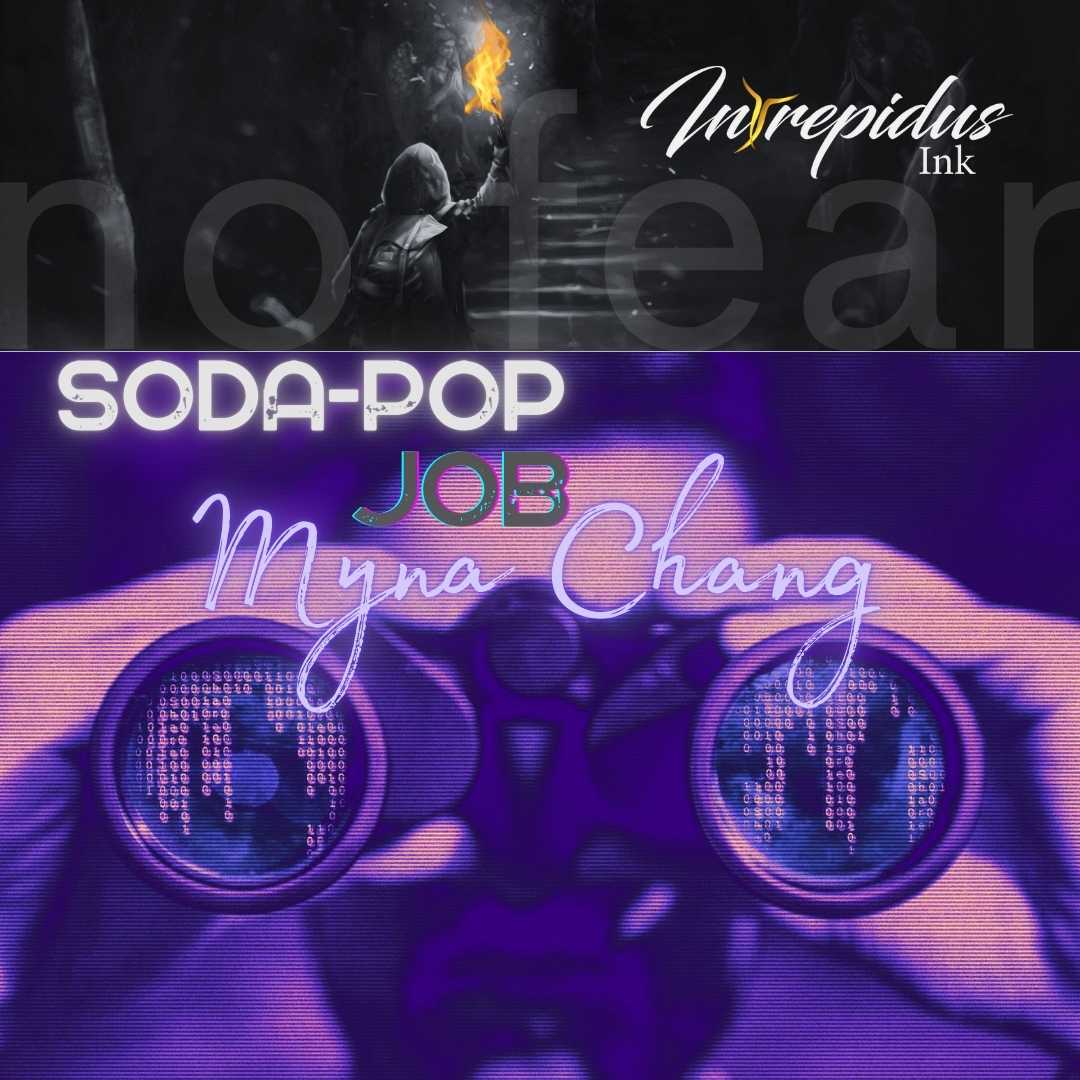

Magical Realism
With the summer solstice sun melting into the horizon, Ulrike hits the gas pedal and screeches out of Glendale along the I-5 to East Hollywood, where she parks in front of a Walgreens boasting a “now with extended hours” sign. With trembling…paws, she adjusts the rearview mirror to check her reflection. Hair—coarse and black—has started sprouting from her forehead, too. She’d waxed every inch of her face, limbs, and torso right before her date, expecting the hypertrichosis to hold off a while. But her body sabotaged the evening; Ulrike can still hear Jake’s “Get lost, freak!” and feel the thud of shoes thrown at her head.
What did she do to deserve this life, eat her twin in utero?
Well, we’re back in Freakywood now, she thinks, exiting the car and crossing the parking lot. Loudspeakers at the entrance greet her with the title song from Hair. “Oh, fuck off,” she mumbles, bombing into the pharmacy.
An airborne shelving unit barely misses her as she passes through the automatic door, and a rain of shaving products lands at her feet. Looking up, Ulrike locks eyes with a rampaging humanoid beast, who pauses and examines her with something like familiarity. Customers and employees stampede to the back door screaming as the creature’s last visible patches of skin mutate, completing its charcoal-grey coat. Ulrike glances at the shadow descending along the wall behind it.
You gotta be kidding me…
She’s heard the rumors about the so-called Tinseltown Terror. But she figured it was the usual tabloid bullshit, spawned in coked-up circles of plastic people living reality-TV lives tucked away in the hills—the kinds of people so laser-mown and surgically enhanced they’d mistake a bearded man for Bigfoot.
…A werewolf!
Ulrike remains frozen, captivated by this magnificent animal.
“Come here,” she manages to utter, slowly extending her hand. The werewolf approaches, snarling, step by cautious step. “You can tell me your name after sunrise,” Ulrike says softly.
The werewolf whimpers and sits on its haunches, placing a paw in Ulrike’s hand; with the other, it strokes her hirsute cheek. The banshee wail of nearing sirens breaks their tender trance, and together, the two dash out into the smoggy, starless night. As they cut across the parking lot, Ulrike motions for the werewolf to follow her to her car. She barely has time to help it into the backseat before the flash flood of red and blue lights. Under cover of the moment’s only remaining sliver of darkness, she jumps in right after it and quietly pulls the door shut, just missing the small militia of police officers who run past and storm the store’s entrance, prepared to open fire.
“Get down,” she says, ducking. The werewolf grunts, struggling to make itself inconspicuous.
“Here.” Ulrike lowers herself horizontally to the floor and directs the werewolf to sprawl across the seating. As they settle into their positions, Ulrike looks, once again, into the beast’s smoldering yellow eyes. In them, she sees her reflection, her face dripping with long, dark hair. She lays a gentle hand on her companion’s ribcage and smiles, and she can swear she senses it smiling, too, as its pupils narrow and a gob of saliva escapes from the corner of its mouth. She realizes she might not make it out of this car alive, or may even find herself howling at the next full moon. But as she remembers Jake and the shoes, the impossible billboard ads, the bullies, the beatings, her mother’s contempt, her doctor’s dismissal, and every beautician’s begrudging snickers, she also realizes it’s a chance she’s damn well ready to take.

Interview With Râna Campbell
Intrepidus Ink: What inspired you to write “Werewolf Syndrome”?
Râna Campbell: It started with a prompt from my writers’ circle involving a mythical creature. I’ve never been particularly interested in werewolves, but as I was brainstorming, the idea of transformation that goes hand in hand with the idea of a werewolf caught my interest. That led me to thinking about the things we do to transform ourselves in trying to embody conventional beauty standards, and then I considered how I might make a werewolf character mirror that issue and guide a protagonist toward a more authentic kind of transformation.
II: How does your narrator reflect the ideals of intrepid culture and overcoming adversity?
RC: I suspect no one is born intrepid—intrepidness is a quality we learn and internalize as an individual characteristic over time. This means that we need the influence of other people to both become intrepid and overcome adversity. Ulrike has been rejected, ostracized, and subjected to violence all her life. The moment she meets the werewolf, a kind of mutual pathos transpires; Ulrike realizes her own capacity for fierceness and embraces being other than what society tells her to be. She takes a hell of a plunge!
II: What’s next for you?
RC: I’m crossing my fingers about a story that’s a finalist in a contest and working toward finishing the first draft of a screenplay.
Author Bio


